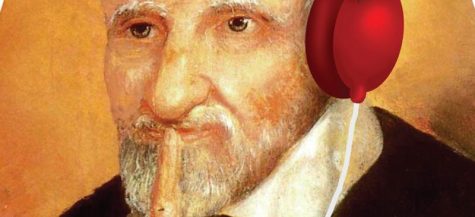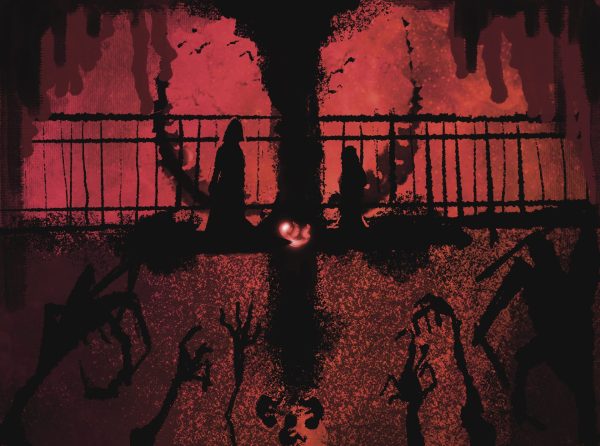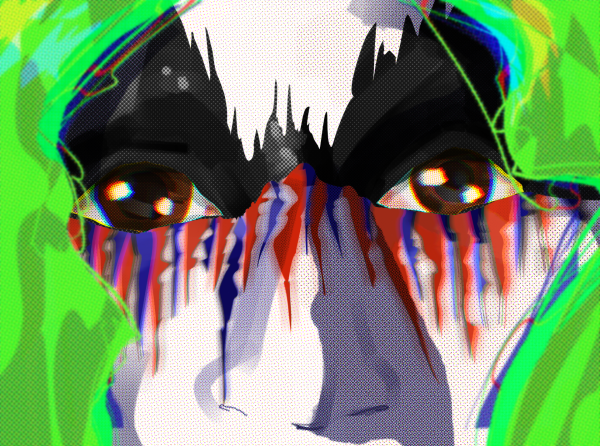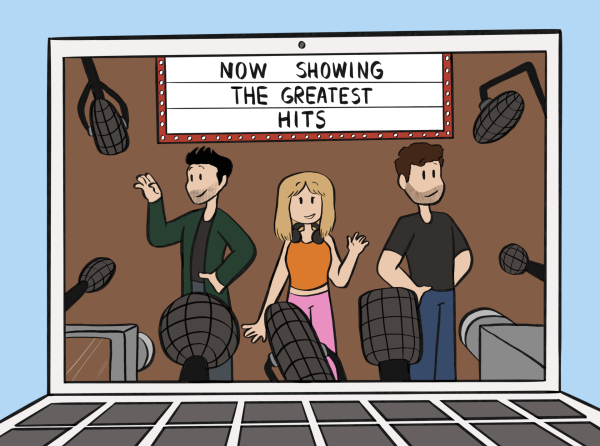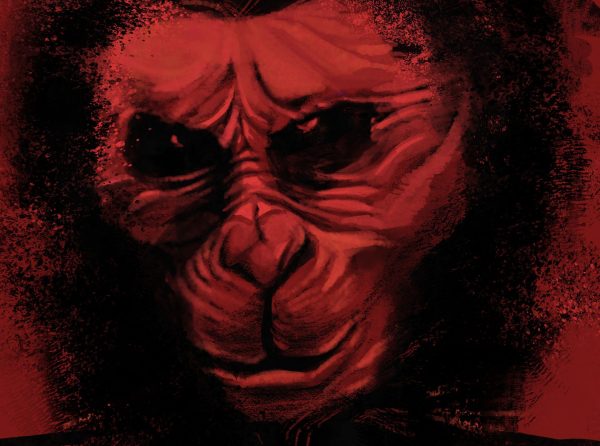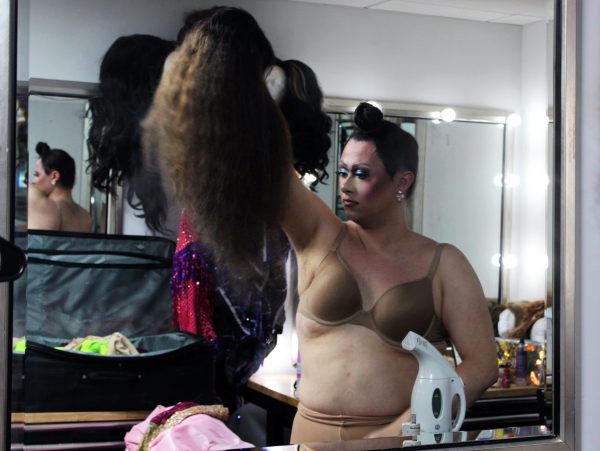“Black Panther” blazes trail for black films
Marvel’s “Black Panther” obliterated expectations at the box office in its opening weekend, changing the game for African-Americans – and Hollywood – forever.
Marvel’s newest addition to its plethora of blockbuster films, “Black Panther,” made history on its opening weekend and is being hailed as a groundbreaking piece of cinema. The film grossed over $242 million over Presidents’ Day weekend, making it the second biggest opening for Disney, sitting just behind “Star Wars: The Force Awakens.”
It also had the fifth-highest grossing opening in all of Hollywood history, as well as the biggest opening for an African-American director. Not only does the film feature a virtually all-black cast, but it also boasts black writers, costume and production designers and executive producers to boot. “Black Panther” is now the highest-rated superhero film on movie review aggregator Rotten Tomatoes, and it has captured the attention of viewers worldwide. But it is the African-American community for whom the film really hits home.
Emmanuel Noisette, an African-American film critic in Chicago and creator of the website EmansMovieReviews.com, says he got into the business because he felt that black voices were absent from the film community, and he wanted their voices to be heard.
“We didn’t realize how much we needed this level of representation until we saw it,” Noisette said.
He says African-Americans had similar feelings when Obama was elected President, which he refers to as the “Obama Effect.”
“Black people never thought, or maybe even the world never thought, that we would have a black President,” Noisette said. Once that happened, “a world of possibilities flooded the conscious of black people in America.”
There have been films with predominantly black casts and/or black directors that have gone on to be financial successes, like 2017’s “Girls Trip.” But once Marvel released a movie with so many black stars on a level that “general audiences are forced to engage with, that changed the game,” Noisette said.
The film salutes the African-American community in a way that leaves the conversation open to everyone, which is part of the film’s appeal. “It’s unapologetically black and the perspective is maintained,” Noisette explained. In his view, the film is both a positive depiction of black culture and a “celebration of blackness without blaming the white man for all the issues of the world.”
“We’ve proven ourselves that if you let us tell our stories and maintain the integrity of our perspective without being confrontational to the general audience, we can be equally successful,” Noisette said.
Perhaps most importantly, “Black Panther” finally gives African-American kids around the world a chance to see themselves on screen in a way that they haven’t before.
“Black Panther” has become more than just another superhero movie; it has become a triumph for African-Americans in the entertainment industry and beyond. As Noisette says, it has, once and for all, “(broken) down the myth that black movies don’t sell.”


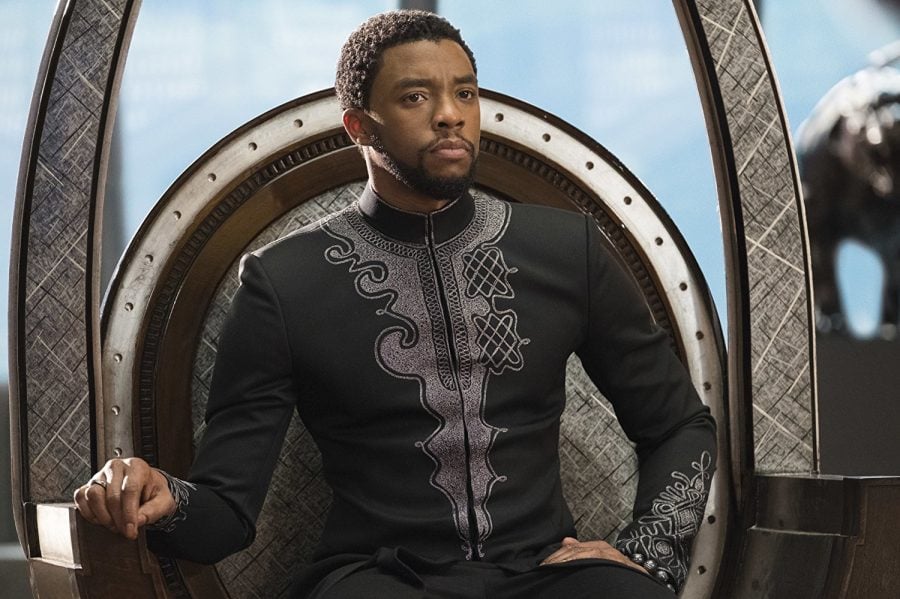
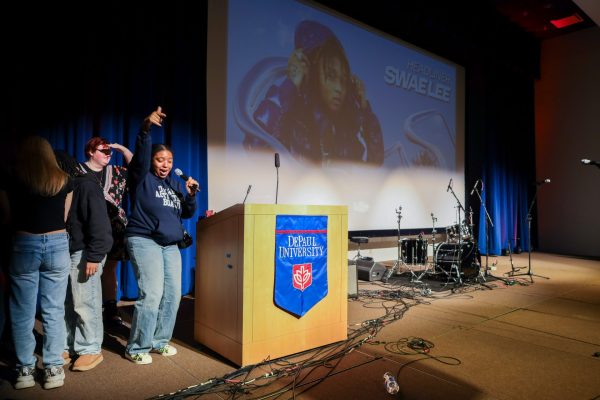

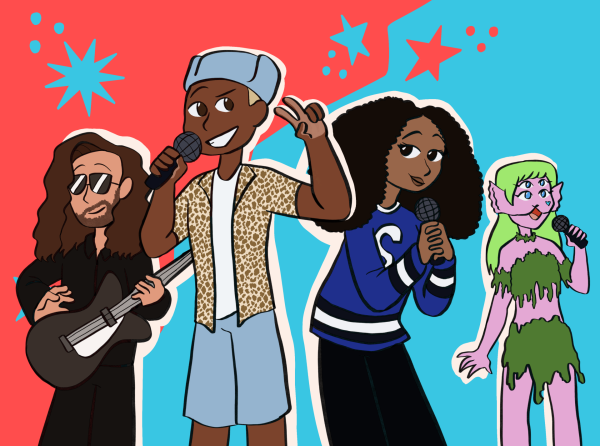
![DePaul sophomore Greta Atilano helps a young Pretty Cool Ice Cream customer pick out an ice cream flavor on Friday, April 19, 2024. Its the perfect job for a college student,” Atilano said. “I started working here my freshman year. I always try to work for small businesses [and] putting back into the community. Of course, interacting with kids is a lot of fun too.](https://depauliaonline.com/wp-content/uploads/2024/04/ONLINE_1-IceCream-600x400.jpg)
